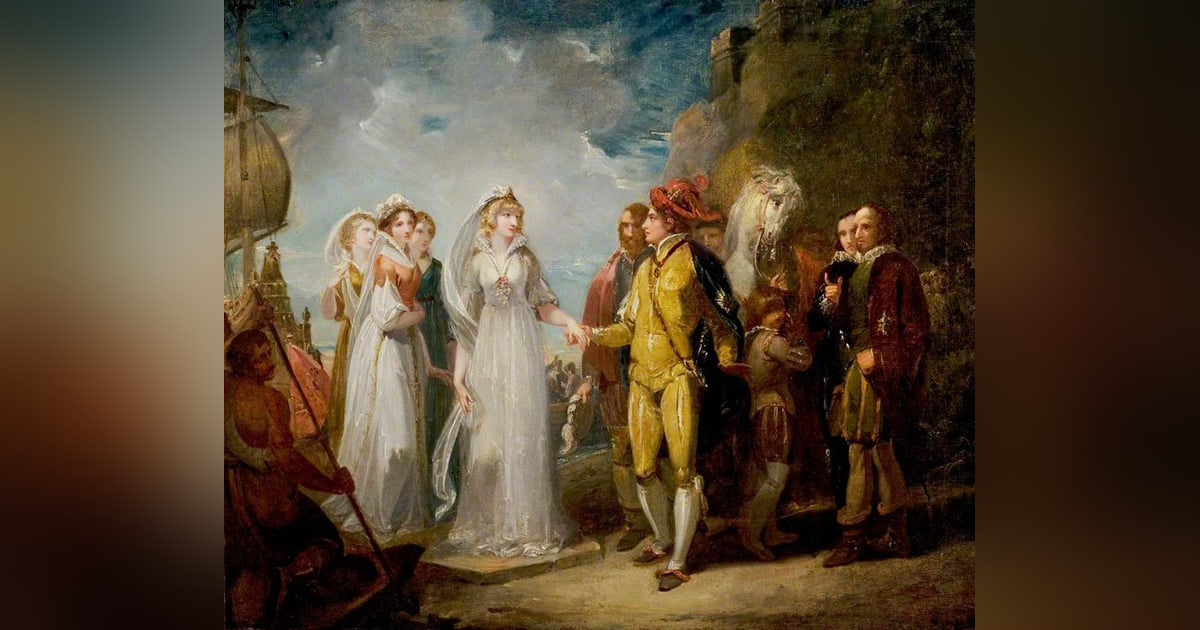Love’s Labour’s Lost: ‘Assist Me, Some Extemporal God of Rhyme’


Episode 172:
Following on from 'The Merry Wives of Windsor' the refined courtly comedy that is ‘Love’s Labour’s Lost’ might seem quite unrelated, but both plays are, in their own way, concerned with the use and abuse of language and, I suppose, for the playwright that Shakespeare was becoming, an obsession with language should be no surprise. Once again Shakespeare was about to subvert expectations with this unresolved comedy.
The dating of the play
The early publication history of the play
The sources for the play
A synopsis of the play
A play that explores language and it’s limits
The opening scene
Constable Dull
The central ‘reveal’ scene and it’s poetry
The character and behaviour of Costard
The longest word in the Shakespeare cannon
The pageant of the nine worthies
The character of Jacquenetta
Shakespeare’s parody and homage to previous literary forms
The meaning of the title of the play
The concept of ‘the academy’ and comparisons with Elizabeth’s court
The critical reception of the play
The performance history of the play
Support the podcast at:
www.thehistoryofeuropeantheatre.com
Hosted on Acast. See acast.com/privacy for more information.